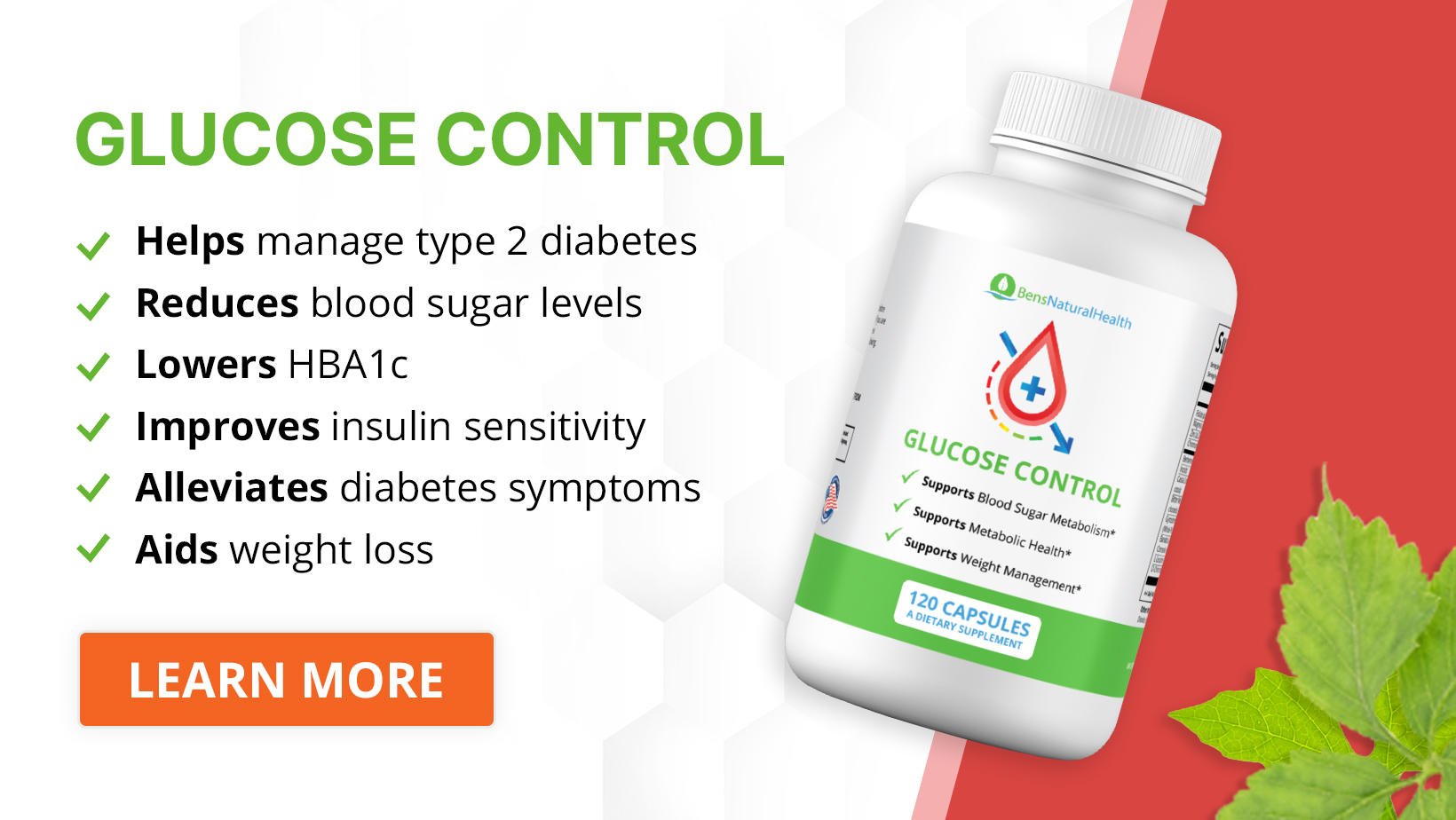Watermelon is a versatile fruit you can enjoy on its own, in fruit salad, or paired with savory foods like cheese.
Naturally sweet and juicy, you might wonder if eating watermelon is as good for you as it tastes.
If you’re a watermelon fan, you’ll be pleased to know that it has several potential health benefits, which we’ll cover in this article.
Nutritional information for watermelon
Like most fresh produce, watermelon at the store doesn’t come with a nutrition facts label. If you’re wondering how watermelon breaks down nutritionally, here’s the scoop:
Nutrition information (per 1 cup diced):
- Total Calories: 46
- Total Fat: 0.2 g
- Saturated Fat: 0 g
- Cholesterol: 0 mg
- Potassium: 170 mg (4% DV)
- Total Carbohydrates: 11 g
- Dietary Fiber: 0.6 g
- Total Sugars: 9 g
- Protein: 0.9 g
- Vitamin C: 20% DV
- Iron: 2% DV
Watermelon is low in calories and is a source of natural sugars, which are carbohydrates. Watermelon isn’t exceptionally high in dietary fiber, but it is an excellent source of vitamin C. Like many types of fruit, watermelon isn’t a good source of protein.
5 health benefits of watermelon
Below, we share 5 key health benefits of eating watermelon.
1) Possible natural treatment for erectile dysfunction
Erectile dysfunction (ED) is a common condition impacting over half of men by the time they reach 70 years of age. Erectile dysfunction can be a distressing condition for both men and their partners since it interferes with the ability to initiate and maintain an erection.
How does watermelon fit into the erectile dysfunction puzzle?
Some studies suggest watermelon may act as a natural viagra alternative. Watermelon is rich in L-citrulline, a type of non-essential amino acid. Amino acids are building blocks for forming proteins in your body, and nonessential amino acids are those that your body can make on its own. However, you can still obtain non-essential amino acids like L-citrulline through your diet.
L-citrulline boosts nitric oxide production in your body. Nitric oxide is a vasodilator, which means it allows more blood to flow through your arteries and veins.
Because erectile dysfunction is often rooted in poor blood flow, vasodilators can improve symptoms by allowing more blood to reach the penis and cause an erection.
According to a study, L-citrulline supplementation may be a suitable treatment method for erectile dysfunction (1). While not as effective as certain prescription medications for erectile dysfunction (such as Viagra), L-citrulline may be better tolerated and accepted by people who are wary of taking prescription medications.

2) Boosts hydration
All fruit contains water, but it’s no secret that watermelon is especially high in water (it’s in the name, after all!). Watermelon is about 92% water, which counts towards your fluid needs.
Eating water-rich fruits can help you stay hydrated during strenuous activity and in hot climates.
A bonus – watermelon provides carbohydrates and natural sugars to fuel your body during exercise while also providing much-needed fluids that are lost during strenuous workouts.
To enjoy the flavor of watermelon while getting even more hydrated, try making watermelon-infused water.
Simply dice up watermelon and add it to your water. Try adding herbs like mint and basil, too, for added flavor.
3) Might benefit people with diabetes
If you have diabetes, you’re probably well aware that you should be mindful of your carbohydrate and sugar intake.
Watermelon isn’t the lowest sugar fruit to choose from, so is it a good choice if you have diabetes?
While watermelon isn’t necessarily low in carbohydrates, it has a low glycemic load. Glycemic load refers to how quickly a food raises your blood sugar.
A glycemic load above ten is considered high (more likely to spike your blood sugar levels rapidly), while a glycemic load below ten is considered low.
A serving of watermelon has a glycemic load of five, which is considered low.
According to a study on overweight and obese adults, eating two cups of fresh watermelon daily resulted in greater satiety than a low-fat cookie with the same amount of calories (2).
In addition, participants eating watermelon daily for four weeks had lower body weight, lower blood pressure, better cholesterol levels, and improved antioxidant status.
These results are relevant to people with type 2 diabetes in several ways. First, losing weight by eating healthy snacks like watermelon might help promote weight loss.
If you’re overweight and have diabetes, losing weight can help improve your insulin sensitivity and lower blood glucose levels.
You’re more likely to have heart problems like high blood pressure and high cholesterol if you have diabetes. Therefore, this is why keeping your blood pressure and cholesterol levels under control is imperative if you have diabetes.

4) Rich in vitamin C
One serving of watermelon provides 20% of your daily value of vitamin C. Vitamin C acts as an antioxidant, helping to protect your cells against damage and premature aging.
Vitamin C is also beneficial for your immune system and helps boost your iron absorption. Iron is a mineral necessary for building oxygen-transporting red blood cells.
Vitamin C might also play a role in reducing your risk of heart disease, which includes heart attack and stroke. According to a study, increased levels of vitamin C in the bloodstream were associated with reduced heart failure risk (3).
5) May lower your risk of certain cancers
Lycopene is a type of carotenoid, an antioxidant found in watermelon, tomatoes, and other produce.
Lycopene can lower your risk of certain cancers, especially prostate cancer (4). It might also help protect your skin against UV ray damage, which can lead to premature skin aging, sunburn, and skin cancer (5).

What happens if we eat watermelon daily?
Watermelon is a popular summertime staple, but is it okay to eat watermelon every day?
Blood sugar
Watermelon is likely fine to eat daily if you want to, but the key is moderation. You should be especially mindful of how much watermelon you eat if you have high blood sugar, whether from type 1 or type 2 diabetes, gestational diabetes, or prediabetes.
One cup of diced watermelon provides 11 grams of carbohydrates. While there isn’t a set amount of carbohydrates considered ideal for people with diabetes to eat (the amount varies greatly based on many factors), eating more than four servings (the equivalent of 60 grams of carbohydrates) of carbohydrates as a meal or snack could cause high blood sugar.
Aim to include plenty of non-carbohydrate foods in your diet when you eat watermelon. This includes protein foods and healthy fats, which don’t raise blood sugar levels as carbs do.
Stomach & digestion
Watermelon is high in fructans, fructose, and polyols, which are types of carbohydrates called FODMAPS. FODMAPs can be difficult to digest for some people, especially those with irritable bowel syndrome (IBS).
Eating large amounts of high-FODMAP foods like watermelon might result in symptoms like gas, bloating, and stomach upset. Therefore, you should avoid eating large amounts of watermelon regularly if you’re prone to such digestive problems.
What is the best time to eat watermelon?
You can eat watermelon at any time of the day to reap the benefits. However, you should time eating watermelon based on your individual health concerns and patterns, such as your blood sugar trends and digestive habits.
For instance, if you have diabetes and tend to develop low blood sugar overnight, eating watermelon in the evening might help prevent low blood sugar.
On the other hand, you should avoid eating watermelon at bedtime if you usually wake up with high blood sugar levels.
Conclusion
Watermelon is a natural source of vitamins, nutrients, and antioxidants that have many benefits for your health. The main thing to bear in mind when it comes to eating watermelon is that it’s a source of natural sugar, so it can raise your blood sugar if you eat a lot of it.
Also, eating watermelon in excess might cause gas and bloating if you have a sensitive stomach or IBS. Therefore, try to be mindful of your portion sizes and eat watermelon in moderation if you have digestive concerns.
Explore More







